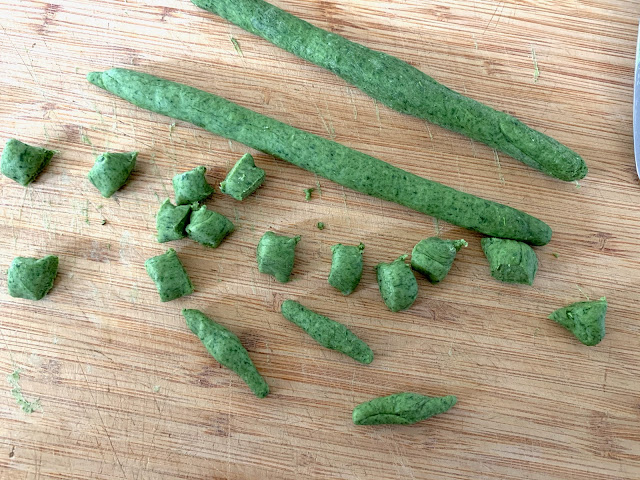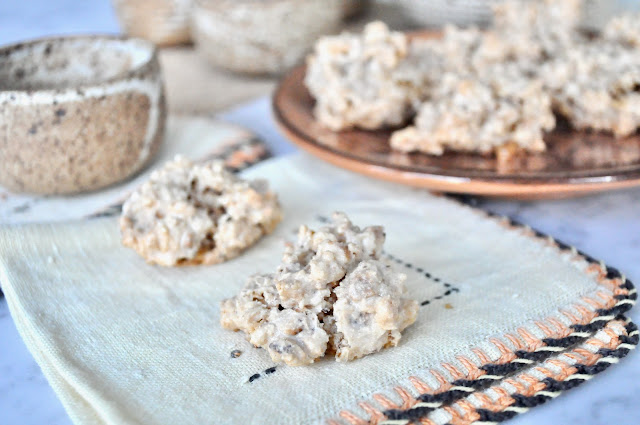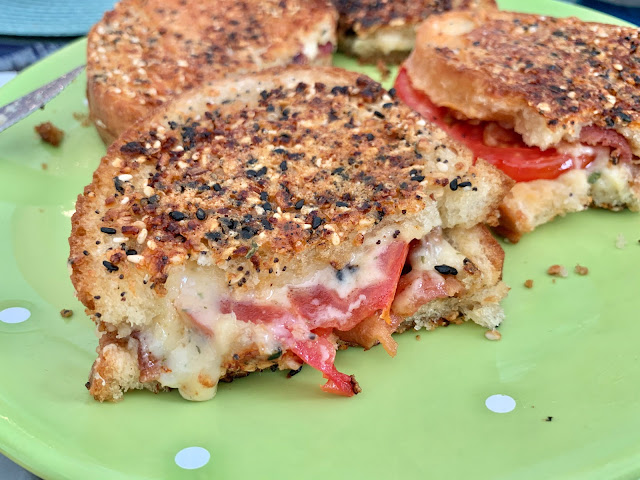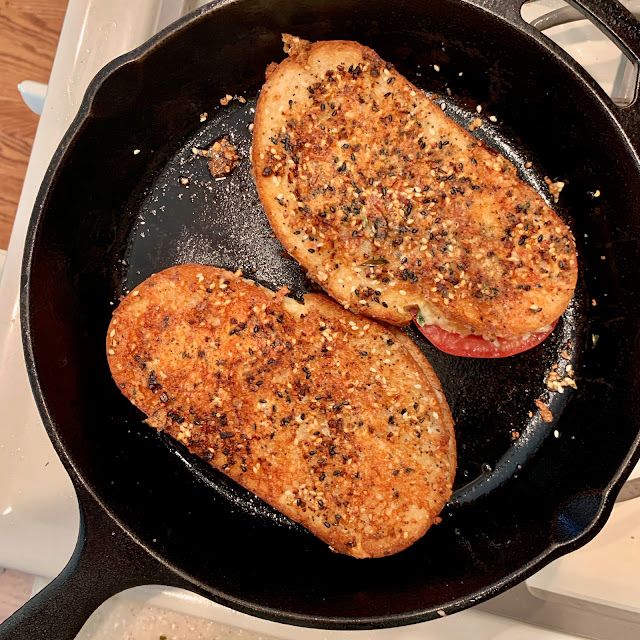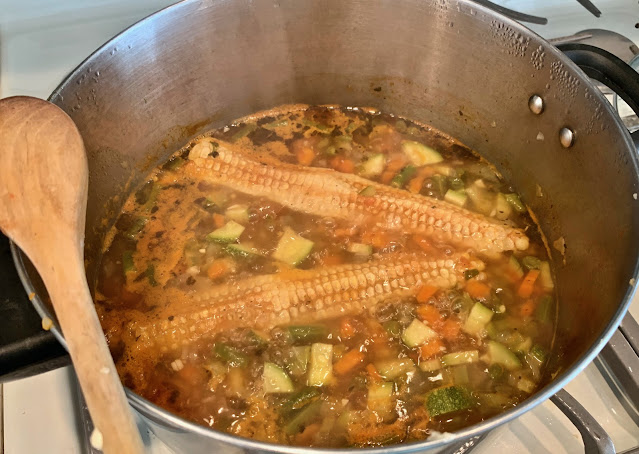Here is a step by step demonstration of me shaping the pasta leaves.
It takes a little practice, but after a few minutes of trying, you’ll be an expert and these adorable little leaves will be the beautiful result of your labor.I served them in two different ways – with a browned butter sauce and pine nuts, plus a sprinkle of parmesan cheese.Another time I tossed them with a summer salsa verde that was featured in Food 52 and includes mint, parsley, basil and capers. We liked it, but thought we might like the salsa better over fish or vegetables.We much preferred the browned butter/pine nut sauce over this pasta, or a traditional basil pesto. You might also like it with a red sauce, but I would keep it light and use fresh tomatoes (maybe even small cherry tomatoes) so the color and shape of the green leaves don’t disappear in the sauce.If you’ve never made pasta at home before, foglie d’ulivo may seem a bit daunting. Want to increase your knowledge of making pasta, with a really comprehensive guide to everything pasta – from the ingredients to the techniques? It’s an online cooking school run by two sisters in Rome, Benedetta and Valeria, who started their company, Local Aromas, to teach people about Italian food. Knowledgeable, enthusiastic and passionate about Italy and its food, they conduct food tours in Rome in addition to their online slate of classes. They started with courses on pasta and gnocchi but plan to expand in the future to include other foods and wines too. In their classes, you’ll learn why certain flours are used for certain pastas, how to make the dough and shape it to specific types of pasta, from farfalle to fettuccine and much more. Especially during this pandemic, if you can’t get to Italy and are looking for a great way to learn a new skill, sign up for a class at Local Aromas.Click here to connect with me on Instagram and find out what’s cooking in Ciao Chow Linda’s kitchen each day (and more)
- FOR THE PASTA:
- 1 10-ounce box frozen spinach, thawed
- 2 cups 00 flour
- 2 eggs
- pinch of salt
- FOR THE SAUCE:
- 1/2 cup unsalted butter
- 1/4 cup pine nuts, toasted
- parmesan cheese, to taste
- FOR THE PASTA:
- Drain the spinach thoroughly, squeezing out all the water you can with your hands.
- Then press it with paper towels to get out any remaining water.
- Place the spinach and the two eggs into the food processor to break down the spinach.
- Start adding the flour.
- You may need as little as a cup and a quarter of flour.
- It’s easy to add more flour later, but much harder to work the dough if you place too much flour into the food processor.
- Add just enough flour and process until the dough comes together into a ball.
- It will be sticky.
- Place the dough onto a wooden work surface, add more flour until the stickiness disappears and the dough seems more “homogenized” and softer.
- Cover the dough with plastic wrap or a bowl and let it sit for at least ½ hour.
- To make the foglie, take a piece of the dough and roll it out to a snake-like shape, about 1/2 inch thick and about 6 to 8 inches long.
- If you roll it too long, it’s harder to handle.
- Cut off small bits of the snake-like roll.
- Roll the small bit so it is a bit thinner on the ends than in the middle,
- Holding one part of the dough with one hand, use a knife or spatula in the other hand and press down on the dough, sliding the knife or spatula along the dough.
- Shape with your fingers to make the ends more like a “point” of a leaf if you like.
- Cook the pasta in abundant salted water.
- If you let the pasta dry overnight, it will take longer to cook, maybe as long as 15 minutes, depending on the thickness.
- Meanwhile, take the butter and place it in a saucepan.
- Cook it on medium heat until it starts to turn tan.
- It can burn easily, so be careful not to let it get to that point.
- Add the toasted pine nuts, then the drained pasta and toss everything together.
- Place in a serving bowl, then sprinkle with parmesan cheese.


